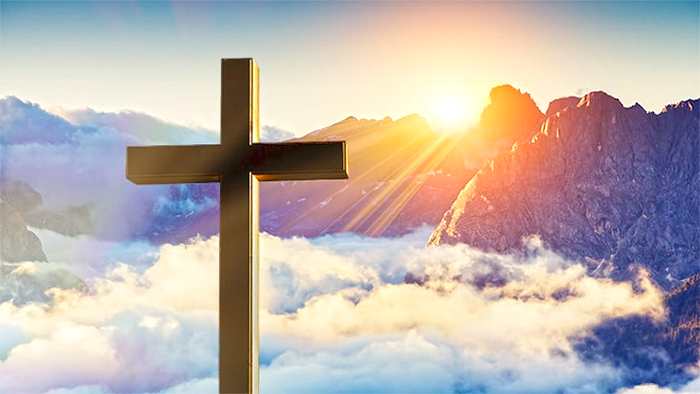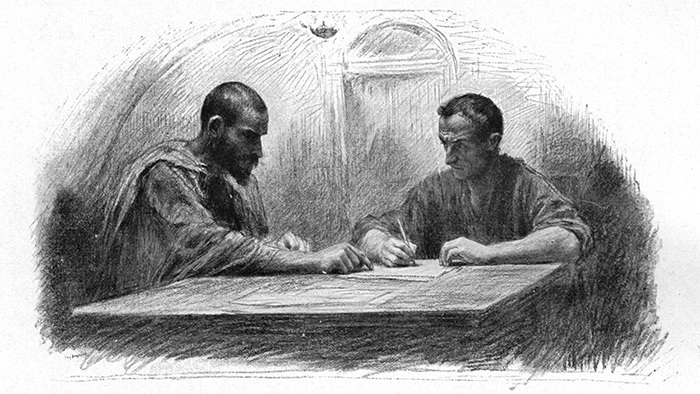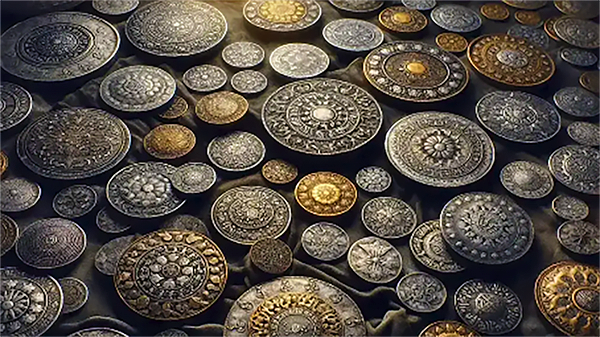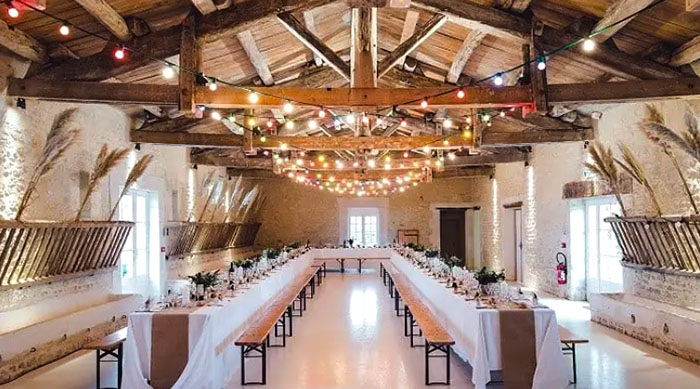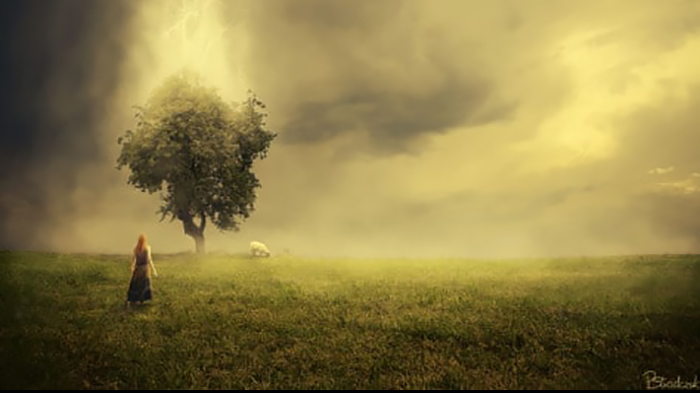
Doesn’t Scripture itself say that the road that leads to life is narrow…and few find it! So, doesn’t this mean that not everyone is going to heaven? Underneath this fear of many of not going to heaven is the fact that the Lord has told us that we make choices in life, and some of those choices are serious. Sin is real and the passage to eternal life is not easily found. Fr. Ron Rolheiser writes that we can lose heaven and that hell is a real option. But if God is love, and he is, doesn’t he want all to be one with him for eternity? The drama of the incarnation has as its central point the revelation of the heart of God…a heart of infinite love which can, even given human sin, bring about the salvation of most, perhaps of all, persons. What does this mean? First, it means that God loves us unconditionally and that there is nothing we can do, sin included, that even for one second can change that. Hence we live under the law of mercy, not of justice. There is no great book or great law within which all sins are recorded and where a pound of retribution is demanded for a pound of sin. Salvation, going to heaven, is nothing other than accepting we are loved unconditionally and forever. Of course, we can, and in this life, we often do reject this. That is why here, in this life, most of us have not yet found the road that leads to life. Few of us are really happy, actually redeemed by love. It is easy to go to hell in this life. Hence, in this life, we are often in hell, miserable, biting so as not to be bitten, sinning so as to compensate for being outside of love. However, God’s love can, as we see in Christ’s death and resurrection, descend into hell and embrace and bring to peace tortured and paranoid hearts. Our moral choices in this life are crucial. We can and frequently do make choices that make it harder for us to accept unconditional love. Moreover, there is a real danger of not sinning honestly, of rationalizing, and of warping ourselves so that a permanent hell becomes a real possibility. But this is, I submit, rare. Few people will, when confronted by an unconditional embrace, resist. That is why most people will go to heaven. [Excerpt from Fr. Ron Rolheiser’s “Living Under a Merciful God.”]


